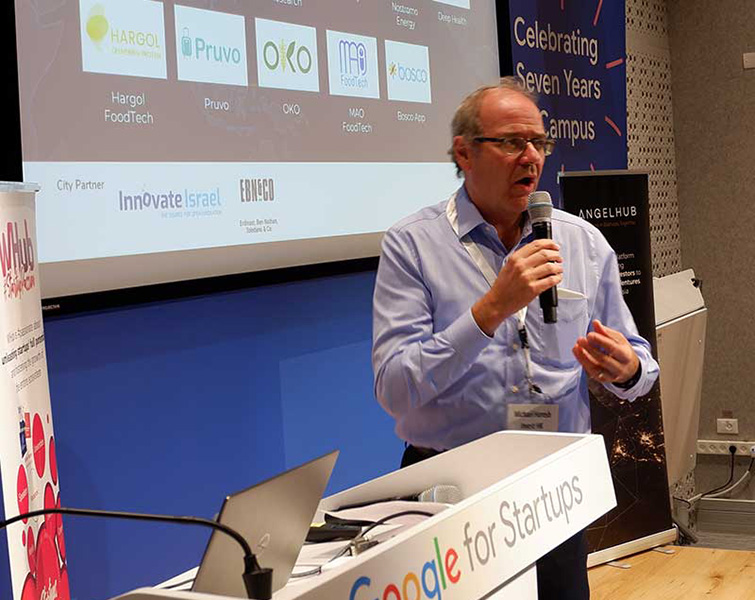Israel’s hospitals are beginning to turn away (yet again) patients for general wards, as they are forced to cope with the severe spike in corona numbers. And quelle surprise – the overwhelming number of those in care have yet to be vaccinated!
Assuming that most of these people deliberately chose not to vaccinate, they had effectively declared that they know better, they are prepared to risk their lives (and those of health careers and those of others around them), and so what if this costs extra resources. Any wonder that the Prime Minister has warned from Jerusalem of some tough days ahead. In fact, the situation is of such concern that he urged people to vaccinate even during the Sabbath, which was a potentially politically damaging statement.
Why do Israelis flout the rules? I don’t know if they do it more than anywhere else, but this story is indicative. My wife and I recently travelled to the UK. On both flights, I would estimate that around 75% of the passengers were fully masked. Yes, the crew did their best.
On the outward journey, a young gentlemen, about 20 years old, sat on the other side of my wife. He only wore his mask, when she insisted. As an argument unfolded, he stated that he had been doing some research of his own and had come to the conclusion that the masks did not help. Despite his efforts to prove his expertise, my wife did not back down in her demands. He then responded: ” I have never been spoken to in this way.”
Make what you want of this anecdotal incident.
However, while reading just now about the continued refusal of about a million people to inoculate, I suddenly heard a song from the Sound of Music flash through my head. “What do we do about Maria‘. Yes, Maria, made famous by the wonderful Julie Andrews, who means so well, but gets things wrong for so many. How do you educate her so that she can go on to educate others?
It seems that after 18 months, governments (globally) have yet to learn. a policy for Covid is not just about finding a cure and distributing the doses. It is about gaining people’s trust and communicating with them. Until then, I fear that Israel’s hospitals will remain full with emergencies and thus others will not be treated.




